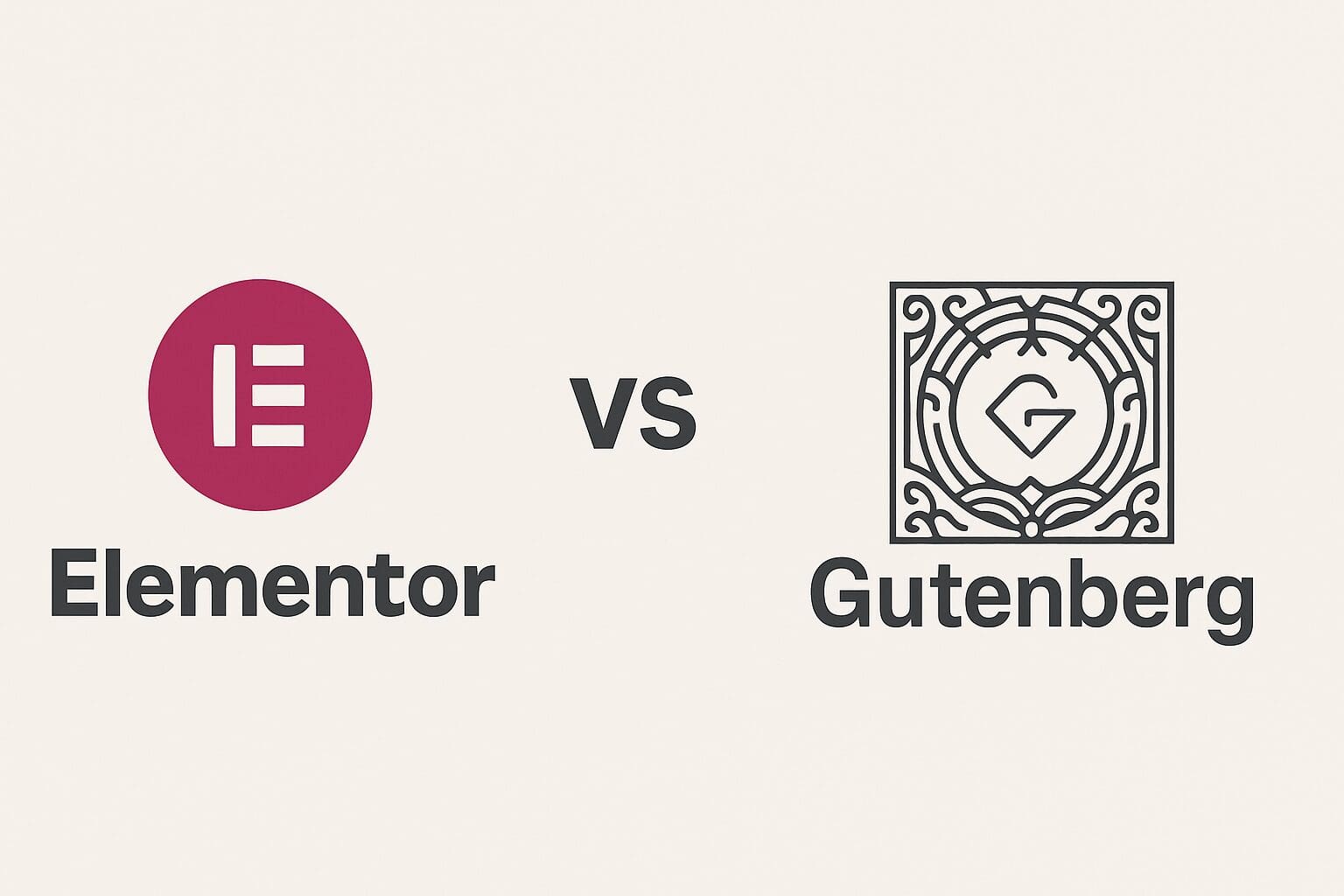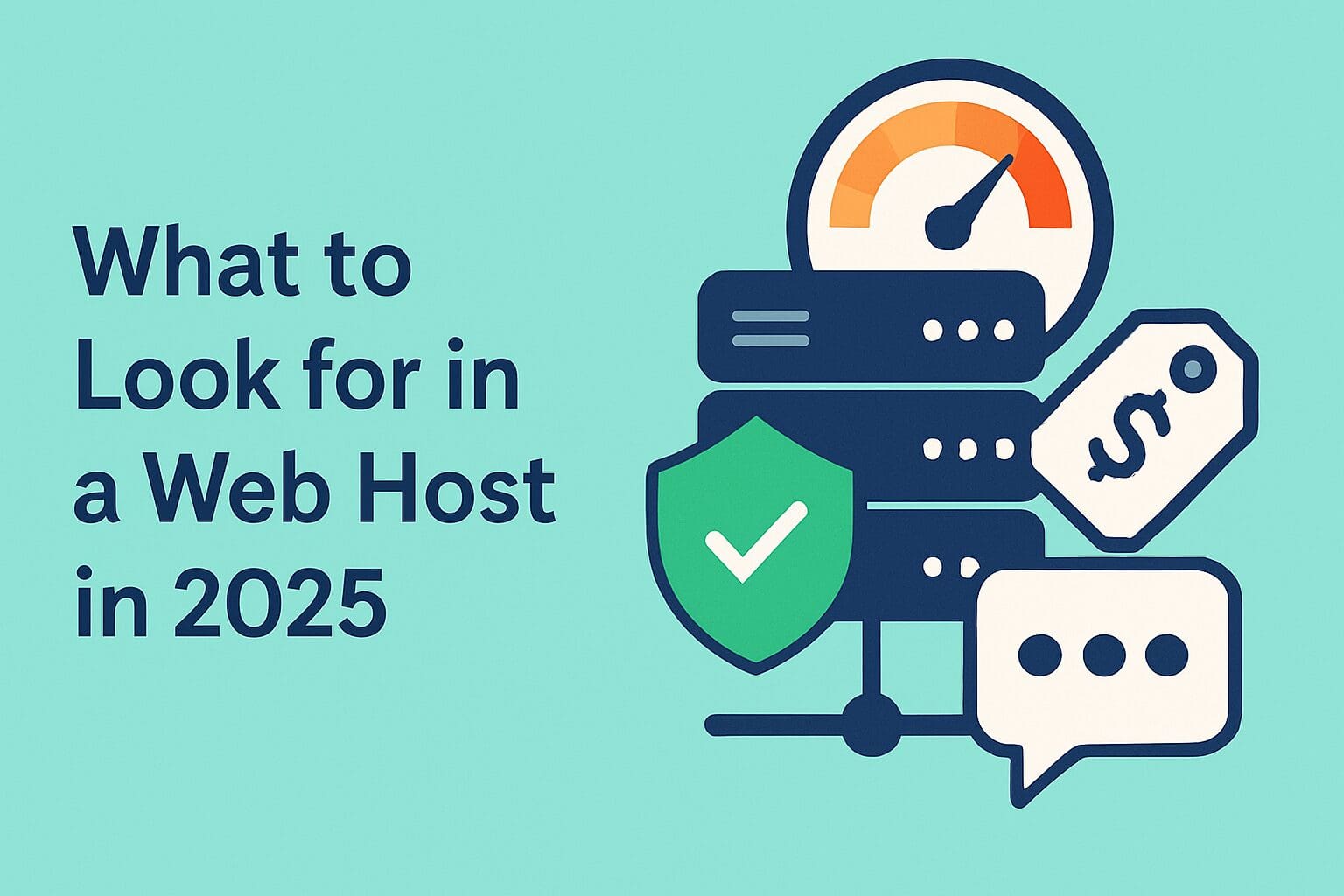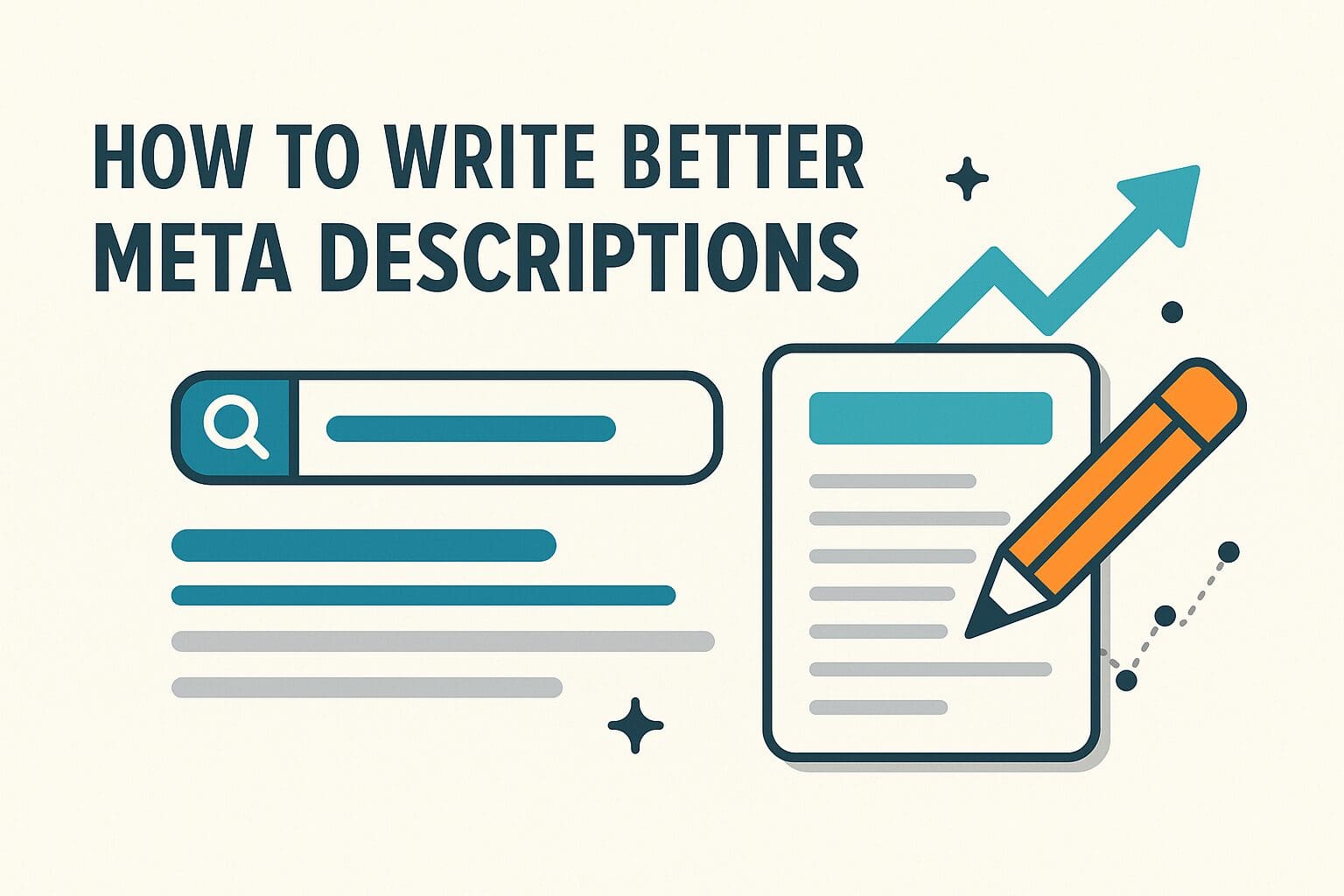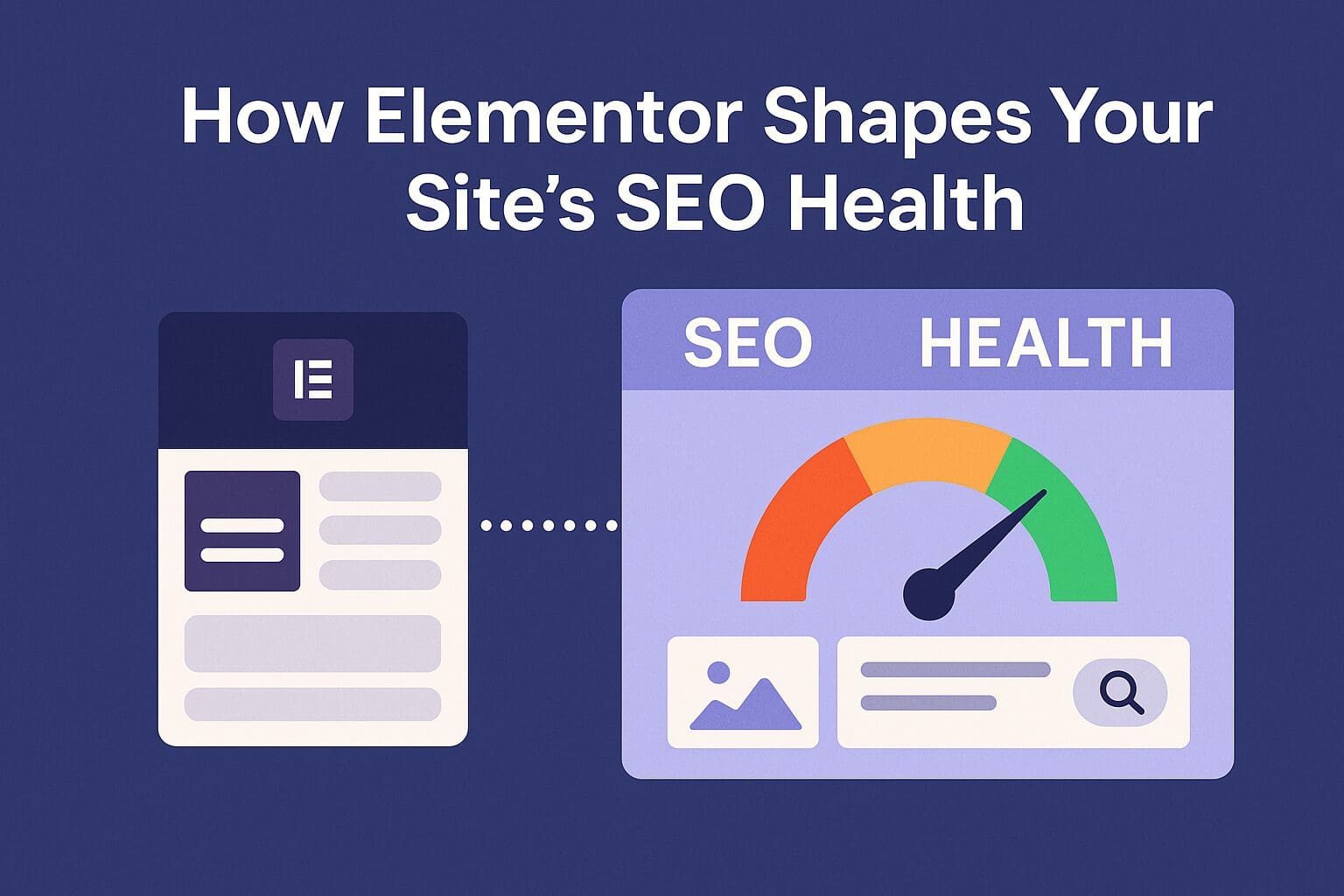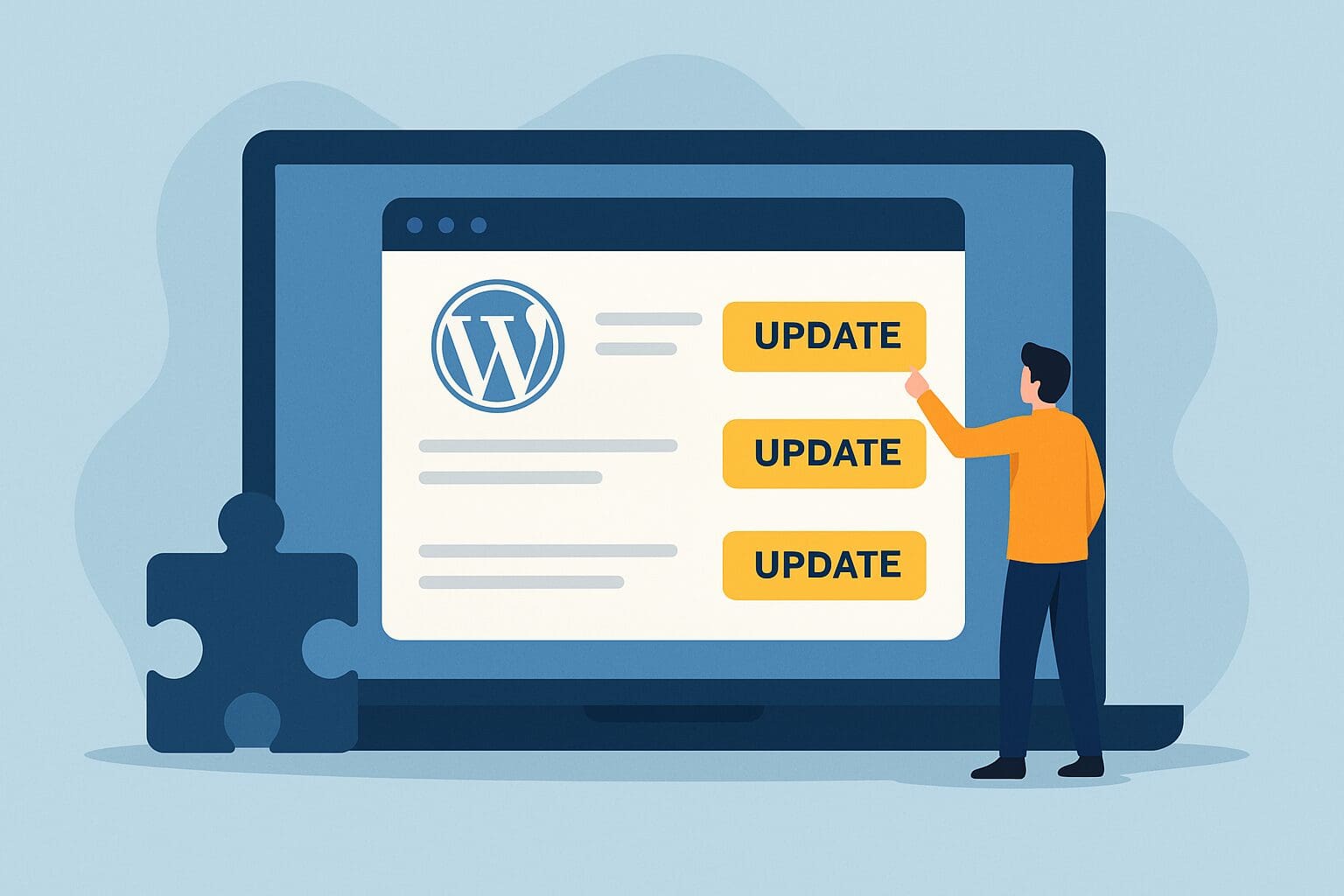There’s a moment every WordPress user eventually hits:
You’re staring at your blank site, cursor blinking, wondering… “Should I build this with Elementor or just stick with Gutenberg?”
And honestly?
In 2025, the choice isn’t as obvious as it used to be.
Both editors have leveled up big time — Gutenberg especially has come a long way from its early, clunky versions.
But depending on your project (and your patience), one still might fit you better than the other.
Here’s a real-world look at how Elementor and Gutenberg stack up now — without the marketing fluff.
What Exactly Are We Comparing?
Just so we’re clear:
-
Elementor = A full-featured page builder plugin (drag-and-drop, live preview)
-
Gutenberg = WordPress’s native block editor (built into WordPress itself)
They both let you create beautiful layouts without coding.
But they approach it… very differently.
Ease of Use: Elementor Still Wins (Mostly)
If you’ve never touched WordPress before?
Elementor will probably feel easier, faster.
You can literally drag a button wherever you want it. Resize things visually. Play with margins and padding without digging into settings menus.
Meanwhile, Gutenberg — while massively improved — still feels a little “modular.”
You stack blocks vertically, but moving things side-by-side or doing more complex layouts sometimes turns into a weird, frustrating puzzle.
In short:
-
Quick layouts → Elementor is your friend
-
Simple blogs/posts → Gutenberg is way smoother now than people give it credit for
Design Flexibility: Elementor (But at a Price)
Need a fancy hero section with overlapping images and animated text?
Or a pricing table that pops?
Elementor gives you that in like, 10 minutes.
Gutenberg?
You can do it, especially with block plugins like Stackable or Kadence Blocks, but it’s a bit fiddlier. And even then, it might not be as “wow” without custom CSS tweaks.
However… and it’s a big however…
Elementor’s flexibility can easily tempt you into over-designing.
That beautiful page might accidentally become a bloated, slow-loading mess if you’re not careful.
Speed and Performance: Gutenberg Pulls Ahead
This one’s important:
Gutenberg sites are naturally faster out of the box.
Because Gutenberg is native WordPress code, there’s no heavy extra layer like there is with Elementor.
Less CSS. Less JavaScript. Fewer moving parts.
With Elementor, even when you optimize like crazy (minify, defer scripts, preload fonts), you’re still carrying some extra weight just because of how the builder works.
If speed is mission-critical (like for SEO-heavy blogs, lean sales funnels, or minimalist business sites), Gutenberg often makes more sense now than it did even two years ago.
Maintenance and Future-Proofing: Gutenberg is Safer (For Now)
This is where things get a little uncomfortable for hardcore Elementor fans (myself included):
Because Gutenberg is WordPress core, it’s not going anywhere.
Even if plugin developers stop supporting their extra block packs, the editor itself is part of WordPress’s DNA now.
Elementor, though massively popular, is still a third-party plugin.
It’s solid, no doubt. But there’s always a tiny risk with any plugin dependency — updates, conflicts, pricing model changes, etc.
If you’re building a site you expect to run unchanged for 5+ years, Gutenberg might give you slightly more peace of mind.
Pricing: Gutenberg Wins (It’s Free)
You can use Elementor Free, sure, but honestly… the real magic happens in Elementor Pro — and that’s a paid subscription now.
Gutenberg?
Totally free.
Even if you add premium block plugins to supercharge it, most are much cheaper long-term than a full Elementor Pro license.
For personal projects or small businesses on a tight budget, that matters.
When Should You Choose Elementor?
✅ You need pixel-perfect design without coding
✅ You’re launching landing pages that need to wow
✅ You want more creative control without spending time tinkering
When Should You Choose Gutenberg?
✅ You prioritize speed and performance
✅ You’re building a content-heavy site (blog, news, membership)
✅ You want fewer plugin dependencies and simpler long-term maintenance
Final Thoughts
Here’s the honest truth nobody tells you:
Both Elementor and Gutenberg are great — depending on what you’re building.
If you want quick, stunning designs with tons of flexibility, Elementor is still hard to beat.
If you’re focused on performance, simplicity, and future-proofing? Gutenberg is finally mature enough to stand on its own.
And honestly?
Some of the best sites mix both: using Gutenberg for core pages, and Elementor for key landing or showcase pages.
No shame in doing what works for your project.

